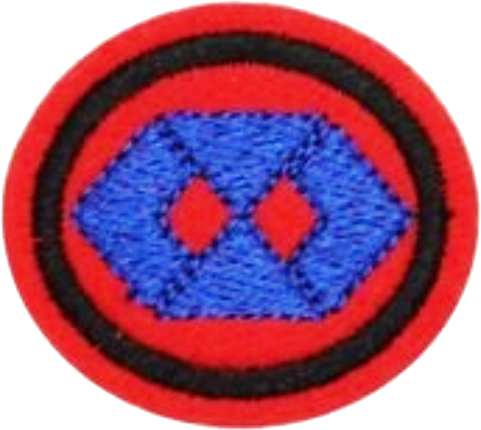Especialidades JA/Administração/Respostas
Nível de Habilidade
2
Ano
2012
Version
19.02.2026
Autoridade de Aprovação
Divisão Sul Americana
1
2
2a
2b
2c
2d
2e
3
4
5
6
7
Once the basic ideas of what to do are decided, lay that against the calendar. What are the area, conference, union or division events that have set dates? What are the events the local church already has scheduled? What are the dates of operation and vacation of the public or church schools that the Pathfinders are likely to come from? What are the days available for use of the Pathfinder meeting room at the local church or elsewhere? Are there some things that must be done sequentially (it is better to teach basic camping skills before camping, one needs to learn drill before competing in a drill competition) Are there certain times activities are best done (depending upon where you live and what skills are known, january may be a great time or a lousy time to camp. If you have a special Thanksgiving program planned, is is usually better in November than March) Are there some things that take several weeks or months to learn or accomplish?
8
This is clearly something to be done in association with the Pathfinder staff. This fits well within the TLT program and responsibilities, but that doesn't exclude younger Pathfinders. A Pathfinder is never too young to be exposed to the planning process, and the early format of the Pathfinder Club devolved quite a bit of responsibility for planning down to the Unit level - to the youth themselves. But it must be remembered that the club leadership has a responsibility to provide guidance, oversight and ensure the decisions made are safe and more importantly fit within the purpose and mission of the Pathfinder program.
9
MASP (Método de Análise e Solução de Problemas), often translated as either Method for Analysis and Solutions to Problems, or Method of Analysis and Troubleshooting (MAT), is a method of assessing and resolving problems in organizations popularized primarily in Brazil. MASP is a variant of the PDCA (Plan, Do, Check, Act) or PDSA (Plan, Do, Study, Act) method of problem solving, often comprising an eight step process that begins with looking at behavior, actions or outcomes that need adjusted, and then proceeds to find and implement solutions, while also monitoring the overall effectiveness.
PDSA begins first with a basic set of questions. What am I trying to change, how can I change it, how will I know when the desired effect has taken place. Think of PDSA as a loop, rather than a linear process.
4. ACT: Implement the adjusted changes on a larger scale. At this point, you can return to Step 1, and continue through the cycle. As noted above, PDSA serves as a rapid cycle process, so it may be run numerous times to be most effective, or can be used in rapidly changing situations.
10



